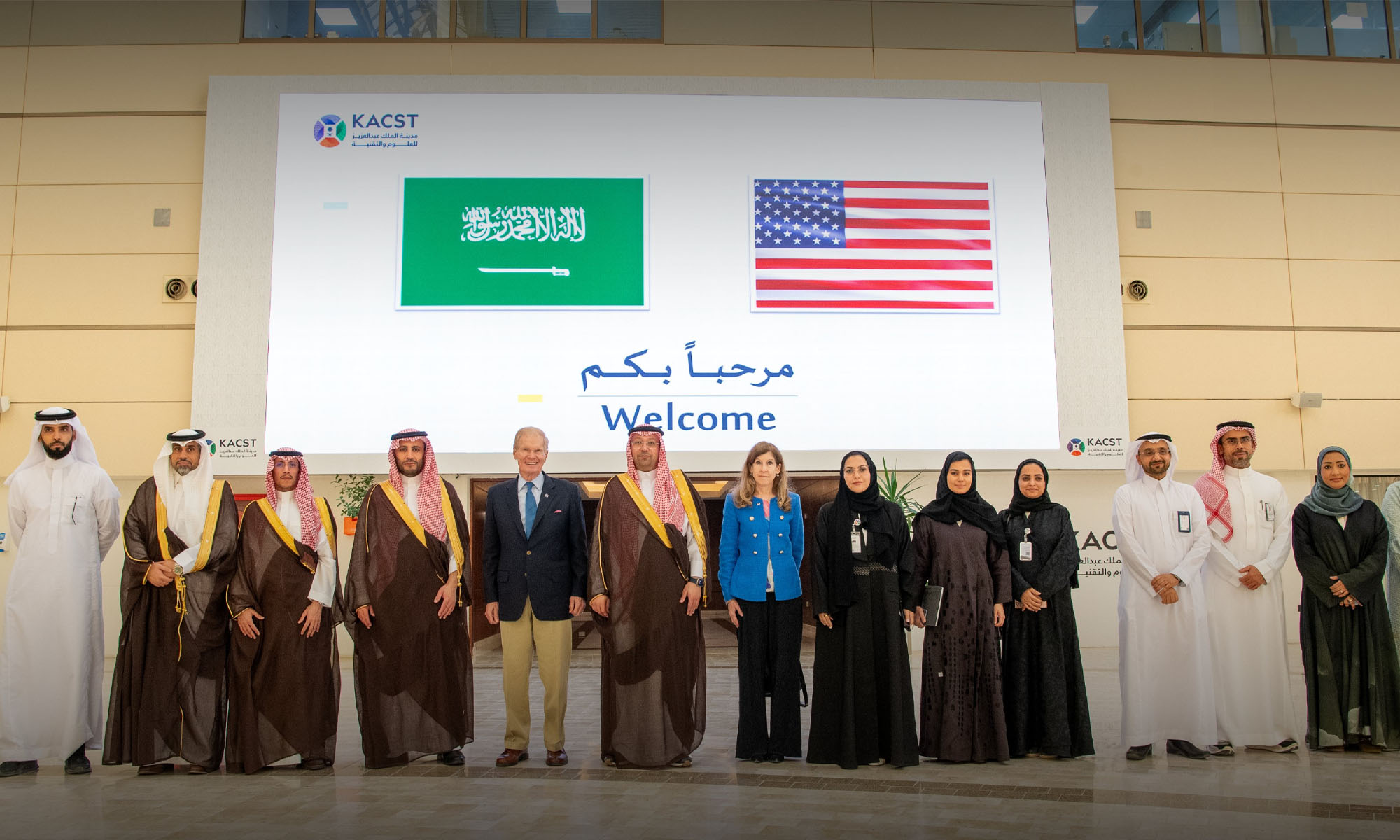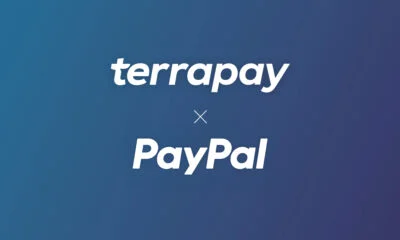News
NASA Forms New Partnership With Saudi Space Agency
The pair will collaborate on the Center for Space Futures, advancing space tech by bringing together public and private stakeholders.

Saudi Arabia’s space industry is on the brink of substantial expansion after generating $400 million in revenue in 2022, according to a report by the Saudi Communications, Space and Technology Commission.
Now, in a new venture with NASA, plans for a “Center for Space Futures” are set to further drive the Kingdom’s aspirations of becoming a leading player in space exploration and technology.
Capturing moments from the joint delegation visit with leaders from the Saudi and American Space Agencies @NASA to @PSU_RUH, along with scenes showcasing the audience's engagement. pic.twitter.com/oB1cFTiRNl
— وكالة الفضاء السعودية (@saudispace) May 14, 2024
The partnership between NASA and Saudi Arabia goes beyond economic advantages. The pair have already cooperated on preliminary work for the Artemis II lunar mission, which is slated for a September 2025 launch and aims to land astronauts near the moon’s South Pole.
Also Read: Plans Underway For Massive Middle East Autonomous Freight Network
During a visit to the capital, Riyadh, NASA Administrator Bill Nelson emphasized in a TV interview the broader objectives of the collaboration, which encompass “returning to the moon and then [to] Mars” while utilizing space exploration to glean important insights into climate change. The NASA spokesman also reiterated the space agency’s dedication to collaborating with Saudi Arabia on other future ventures.
News
Google Releases Veo 2 AI Video Tool To MENA Users
The state-of-the-art video generation model is now available in Gemini, offering realistic AI-generated videos with better physics, motion, and detail.

Starting today, users of Gemini Advanced in the MENA region — and globally — can tap into Veo 2, Google’s next-generation video model.
Originally unveiled in 2024, Veo 2 has now been fully integrated into Gemini, supporting multiple languages including Arabic and English. The rollout now brings Google’s most advanced video AI directly into the hands of everyday users.
Veo 2 builds on the foundations of its predecessor with a more sophisticated understanding of the physical world. It’s designed to produce high-fidelity video content with cinematic detail, realistic motion, and greater visual consistency across a wide range of subjects and styles. Whether recreating natural landscapes, human interactions, or stylized environments, the model is capable of interpreting and translating written prompts into eight-second 720p videos that feel almost handcrafted.
Users can generate content directly through the Gemini platform — either via the web or mobile apps. The experience is pretty straightforward: users enter a text-based prompt, and Veo 2 returns a video in 16:9 landscape format, delivered as an MP4 file. These aren’t just generic clips — they can reflect creative, abstract, or highly specific scenarios, making the tool especially useful for content creators, marketers, or anyone experimenting with visual storytelling.
Also Read: Getting Started With Google Gemini: A Beginner’s Guide
To ensure transparency, each video is embedded with SynthID — a digital watermark developed by Google’s DeepMind. The watermark is invisible to the human eye but persists across editing, compression, and sharing. It identifies the video as AI-generated, addressing concerns around misinformation and media authenticity.
While Veo 2 is still in its early phases of public rollout, the technology is part of a broader push by Google to democratize advanced AI tools. With text-to-image, code generation, and now video creation integrated into Gemini, Google is positioning the platform as a full-spectrum creative assistant.
Access to Veo 2 starts today and will continue expanding in the coming weeks. Interested users can try it out at gemini.google.com or through the Gemini app on Android and iOS.




















